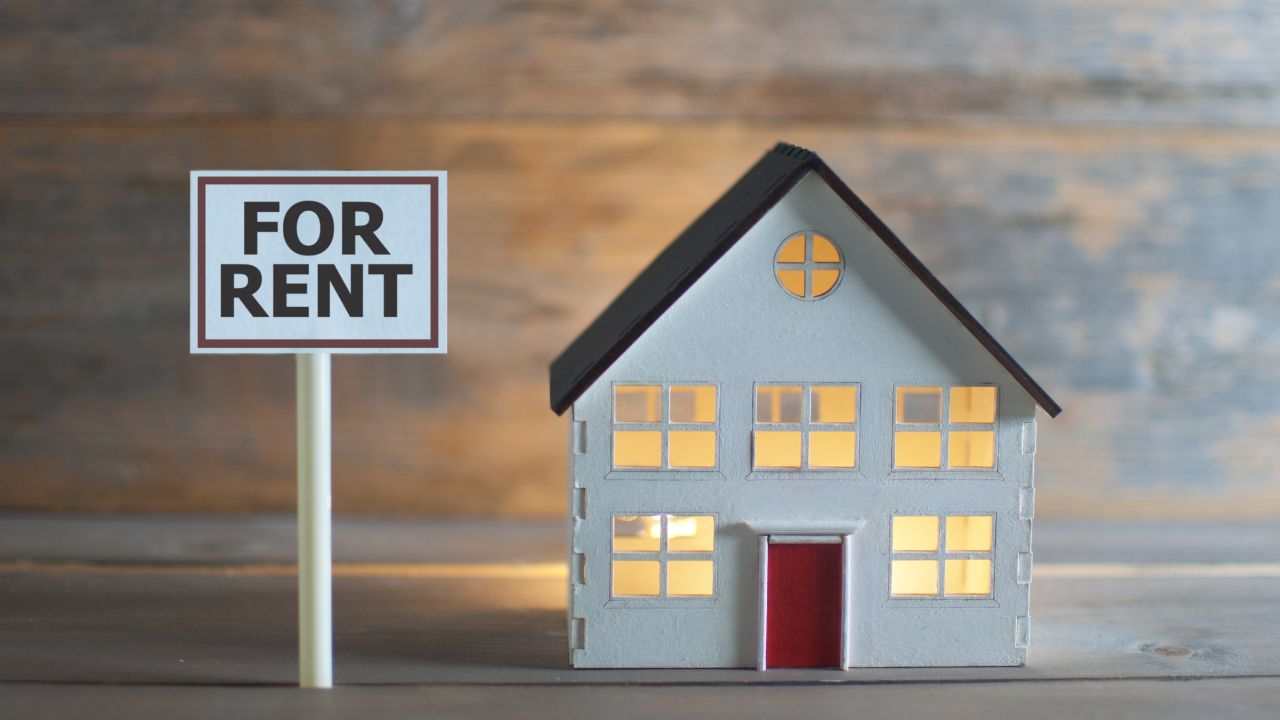
When life changes, whether you are relocating for work, upsizing, downsizing, or simply ready for a new chapter, you may find yourself asking the same big question many homeowners face: should I sell my home, or should I rent it out?
In Central Florida’s current housing market, more and more owners are realizing that renting could be the smarter long-term strategy. Let’s break down why.
Why Renting Is Gaining Momentum

The real estate landscape has shifted significantly in recent years. Home values are high, but so are mortgage rates. For buyers, the cost of borrowing has nearly doubled compared to a few years ago. Many potential buyers are facing 7 percent interest rates, while existing homeowners are sitting comfortably with rates as low as 2.5 to 3 percent.
That gap creates an opportunity. Instead of selling and giving up that low-rate mortgage, homeowners can hold the property, rent it out, and let tenants cover the monthly costs. Meanwhile, they preserve the ability to sell later, when market conditions improve.
The Financial Upside

Let’s put numbers to the scenario. Imagine a home that could sell for $425,000 today. After commissions, closing costs, and preparation expenses, the seller might walk away with about $380,000.
Now consider renting. With a $1,500 mortgage and rental income of $2,300 per month, there’s room for positive cash flow. Even after taxes, insurance, and reserves for maintenance, the property could generate a few hundred dollars in profit every month.
At the same time, the tenant is helping to pay down the mortgage. The home continues to appreciate, and equity builds steadily. Later, the owner has choices: hold the property, refinance, sell in a stronger market, or leverage a 1031 exchange into another rental.
This flexibility often outpaces the one-time benefit of selling. For many, it’s a pathway to building a reliable stream of passive income.
Tax Considerations

Beyond cash flow, renting opens the door to valuable tax benefits. Deductions may include depreciation, mortgage interest, property management fees, maintenance, and repairs. These can significantly improve the property’s financial performance.
Of course, every situation is unique, so it’s important to consult with a tax professional. Still, many homeowners are surprised to discover how favourable the tax treatment of rental income can be when structured correctly.
The Emotional Factor
Financial considerations aside, there is also the risk of seller’s regret. It’s common to hear homeowners say, “I wish I hadn’t sold that house.”
Maybe they let go of a property before the market rebounded. Maybe they regret losing a record-low mortgage. Or maybe they simply underestimated how much the property would grow in value. Renting gives owners breathing room. It provides time to watch how the market develops and the option to sell when conditions are better.
Overcoming Common Concerns
Many homeowners hesitate to rent because they worry about the responsibilities of being a landlord. Collecting rent, coordinating maintenance, and handling tenant issues can seem daunting.
That’s where professional property management comes into play. A management team can handle marketing, tenant screening, lease preparation, inspections, maintenance requests, and compliance. For owners, this means consistent income without the day-to-day stress.
For those who want to build wealth but have no interest in managing tenants themselves, property management creates the balance between financial opportunity and peace of mind.
Choosing the Right Property
For those deciding between properties, understanding how to choose profitable rental properties can help maximize the investment potential. Identifying neighborhoods with steady demand, considering long-term appreciation, and factoring in maintenance costs are all part of making a sound rental decision.
Building Strong Tenant Relationships

A solid landlord-tenant relationship is often the key to stability and lower turnover. Clear expectations, consistent communication, and mutual respect can reduce the chances of disputes and create a more positive rental experience. Tenants who feel comfortable in their home are more inclined to stay long term, as outlined in this overview of landlord-tenant relationships.
Attracting Long-Term Tenants
Tenant retention is one of the keys to steady rental income. Owners who focus on property upkeep, transparent communication, and fair pricing often see tenants stay longer. Simple strategies for attracting long-term renters can make the experience more stable and predictable while reducing turnover costs.
When Selling May Be Better
There are still valid reasons to sell. If you need the equity for another purchase, if the property requires extensive repairs you’re not prepared to handle, or if it’s located in a declining area, selling can be the practical option.
The point isn’t that renting is always better, but that it deserves consideration. In today’s market, a property that struggles to sell may perform extremely well as a rental.
Building Long-Term Wealth

You don’t need to think of yourself as an investor to benefit from renting out a property. For many people, it’s simply a practical way to hold on to something that keeps gaining value over time. Even one rental home can add a layer of financial security, and investing for beginners highlights how those first steps often start with just a single property.
Final Thoughts
Deciding whether to sell or rent out your home is not always straightforward. The choice depends on your financial goals, your timeline, and your comfort level with property ownership. In today’s Central Florida market, however, renting is becoming an increasingly attractive option. It allows homeowners to preserve low mortgage rates, generate income, and build equity over time.
If you’re weighing the decision, take the time to run the numbers and explore both paths. You may find that renting isn’t just a temporary solution but a foundation for long-term wealth.
For more insights and resources on making smart real estate decisions, visit State Property Management.